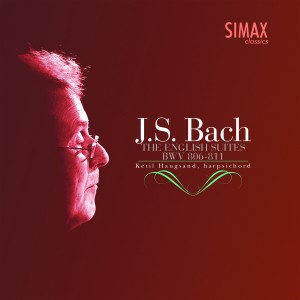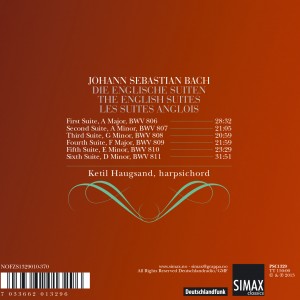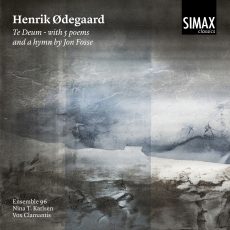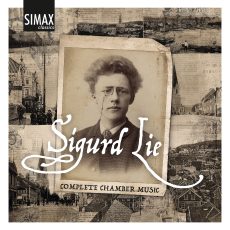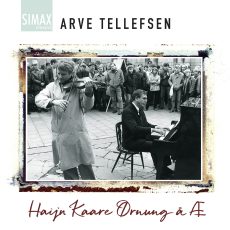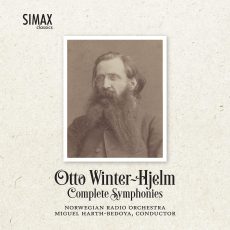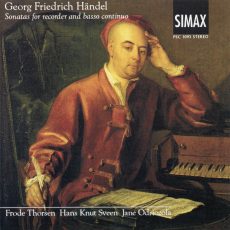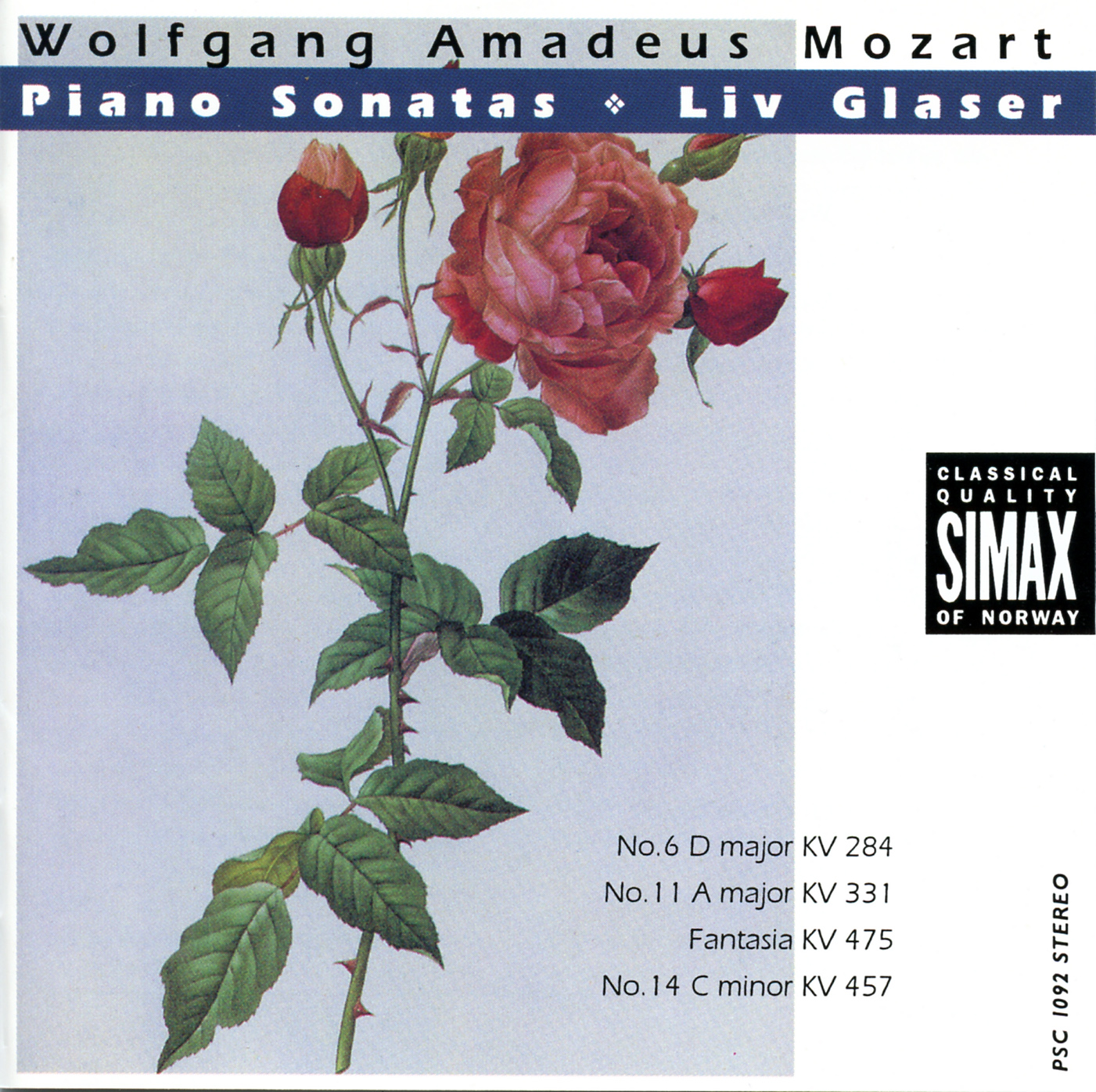The English Suites in prominent readings from Ketil Haugsand.
Late or early work?
Early authorities on Bach like Albert Schweitzer, understood and analysed the English Suites as the jewel in the crown of the latter part of his production. As Bach expert Peter Watchorn explains in the liner notes for this release, modern Bach scholars interestingly enough identifies the English to be Bach’s very first venture into the genre of grand suites for the keyboard.
The title of the collection
The title used to refer to this collection remains somewhat of a mystery, even today. In all copies from the early parts of the 1700s, it is only referred to as ‘suites avec preludes’. But around 1717, in the wake of the increased diplomatic exchanges between England and the German states associated with the accession of the Elector of Hannover as England’s King George I, Bach receives a commission from a visiting English nobleman who knows and admires the suites of the London-based Dieupart, and requests from Bach a set modelled on the earlier works. As introductory préludes, Bach uses a set of five concerto movements, which he has composed in the wake of his revelatory 1713 discovery of concertos by Vivaldi, Marcello and other Italian composers. To compile a collection of suites, once again using Dieupart’s set as the basic model; he attaches to his préludes a consistent sequence of French dances, often combining elements of the two contrasting national styles within a single movement.
Haugsand on ‘freer musical treatment’.
“Coming of age has taken away a lot of prejudice and a tedious need for pre-fabricated ‘assumed correctness’ – resulting in a freer musical treatment: If a courante really is ‘French’ – why deny it of its typical features and inherent qualities? And, if the composer has composed them that well and knowingly, one can assume that he knew the genre fully and how it was to be played, right? There were French musicians ‘all over the place’ – Bach must have heard them play – and would instantly sense how they played – or he would not have written their music as well as he did. We know he wrote Italian concertos better than the Italians themselves (Vivaldi is not all that hard to top – sorry!) and if he had the suites of Dieupart and Couperin’s piéces at hand – the code was not that hard to crack for the young Bach.”









